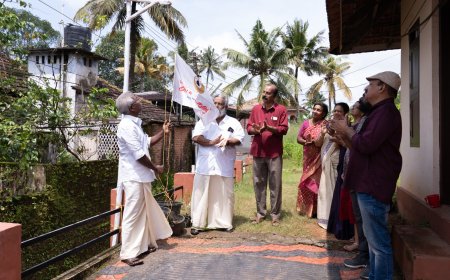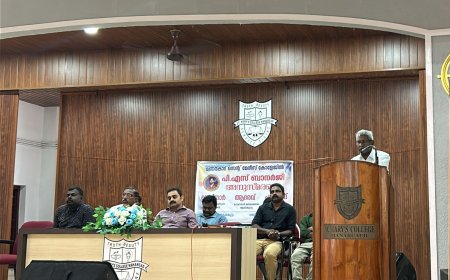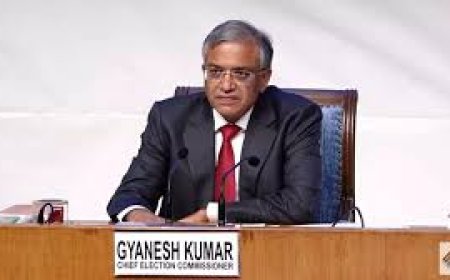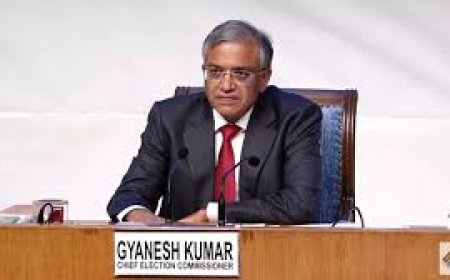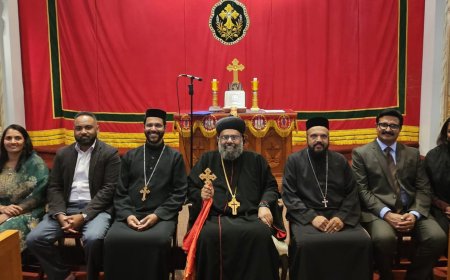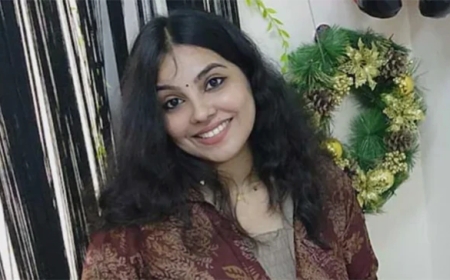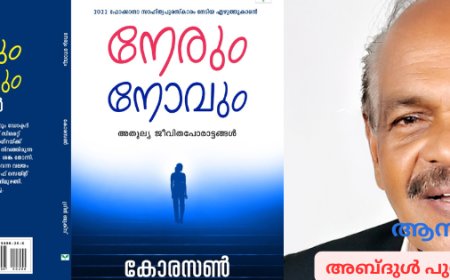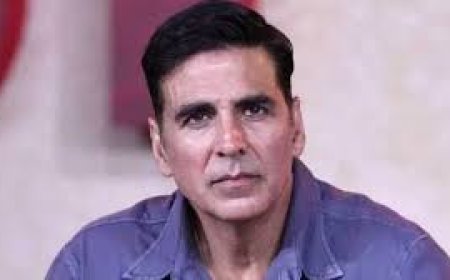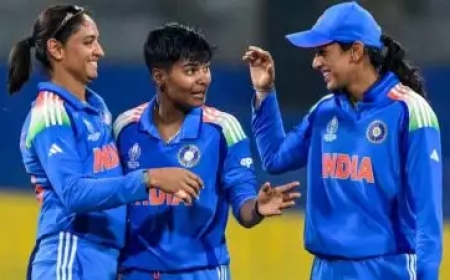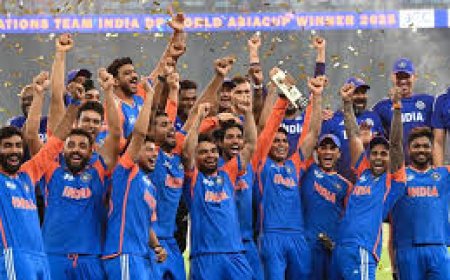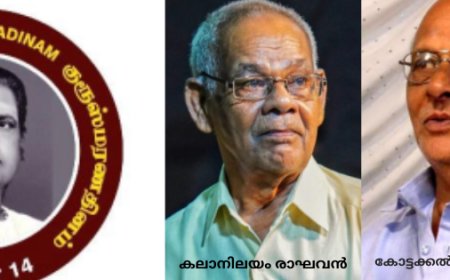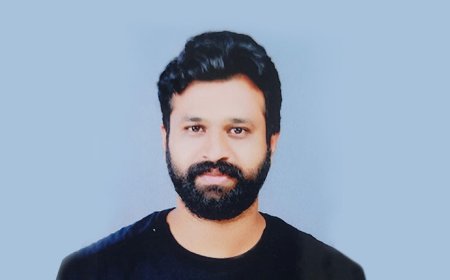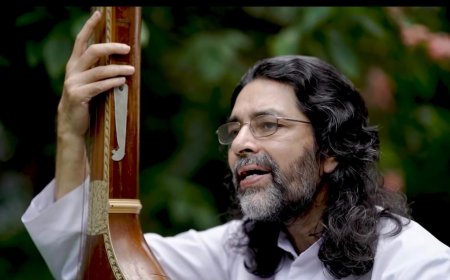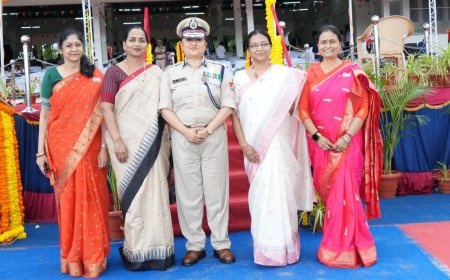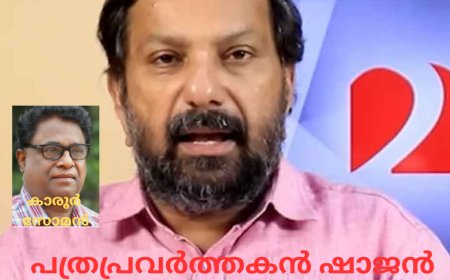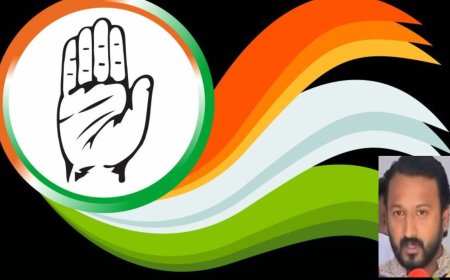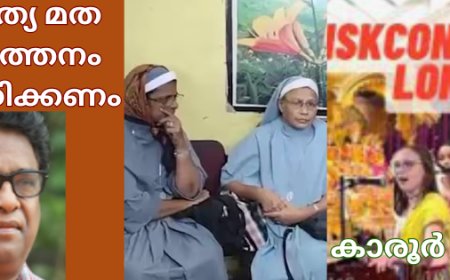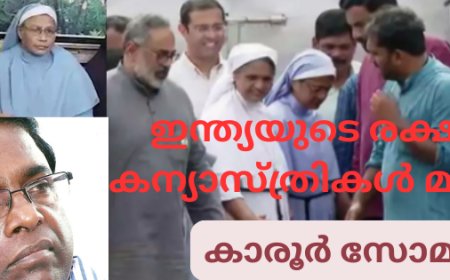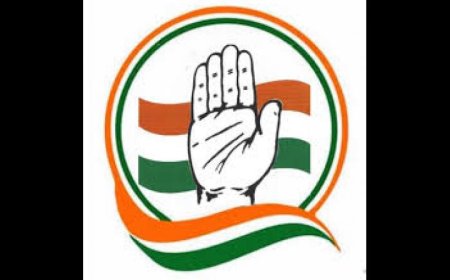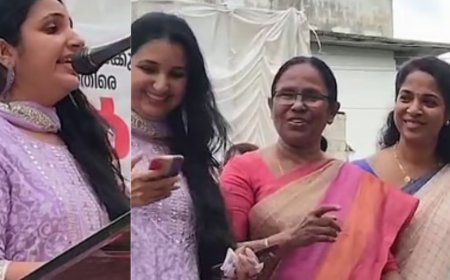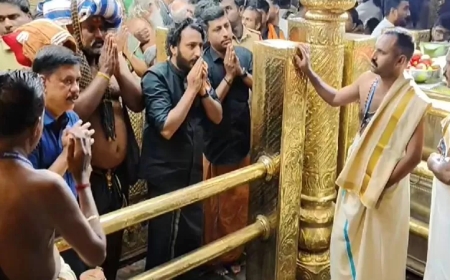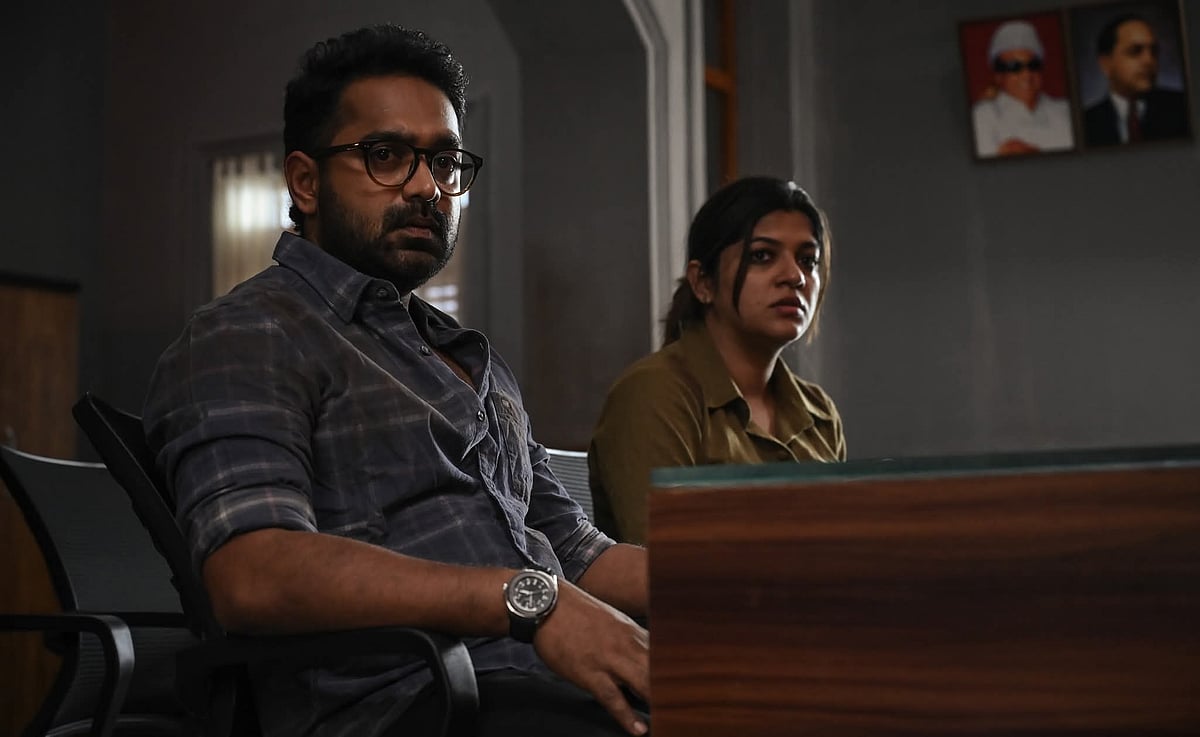‘CM cannot have any role in VC appointments’: Governor moves Supreme Court
Follow TNM’s WhatsApp channel for news updates and story links.Kerala Governor Rajendra Arlekar, in his capacity as Chancellor of state universities, has approached the Supreme Court seeking modification of its August 18 order that allowed Chief Minister Pinarayi Vijayan to be part of the process of appointing vice-chancellors (VCs) to APJ Abdul Kalam Technological University (KTU) and Kerala University of Digital Sciences, Innovation and Technology (DUK).According to The Hindu, the rules governing these universities do not envisage any role for the Chief Minister in VC appointments. “The Chief Minister being the executive head of the state is connected with the number of government colleges, managed by the government and affiliated to the university. Therefore, as per UGC regulations he cannot have any role whatsoever in the appointment of Vice Chancellors,” his application stated.The plea sought modification of the Supreme Court’s August 18 order, which had appointed former Supreme Court judge Justice Sudhanshu Dhulia as chairperson of the search-cum-selection committees. The order, passed by a Bench of Justices JB Pardiwala and KV Viswanathan, also directed that “recommendations made by the search-cum-selection committee, duly endorsed by the learned chairperson, shall be put up before the chief minister (and not the minister-in-charge of a department) for necessary consideration.”The court had further said, “In case the Chief Minister, state of Kerala, has reasons to believe that any shortlisted person is unsuitable for appointment as vice-chancellor, the remarks to this effect along with the supporting material and the original record of the recommendation made by the search-cum-selection committee, shall be put up before the learned chancellor within two weeks. The Chief Minister shall be entitled to recommend the shortlisted names in order of preference for appointment as vice-chancellors.”The Governor, however, said that introducing such a role for the Chief Minister disregards UGC Regulations, which highlight the “independence and autonomy of the universities by excluding any role of the state government.” “Both the University Acts do not provide any role for the minister or the Chief Minister in the matter of selection and appointment of the vice-chancellors,” the plea stressed.He also sought a judicial direction to implead the UGC in the case, arguing that there is a mandatory requirement to include a nominee of the UGC chairperson in search committees. The Governor submitted, “As per UGC Regulations the Chancellor is having the prerogative to select the Vice Chancellor from the list submitted by the search Committee.” The list, he maintained, should not be a ranked list but a panel of three to five suitable names, leaving the final choice to the Chancellor.The plea reminded the apex court that in 2023, while dealing with VC appointments at KTU, the Court had “very categorically held that UGC Regulations 2018 shall prevail for appointment of vice chancellors.” It warned that the August 18 order, by introducing a new mechanism involving the Chief Minister, would amount to “a complete disregard to the orders of the coordinate bench of this Hon’ble Court.”The UGC itself, in a separate application, requested to be made a party to the proceedings. It noted that though the Kerala High Court judgment, against which the current appeal was filed, had quoted extensively from the UGC Act and Supreme Court decisions, the UGC had not been impleaded. “When the UGC regulation is in question, it is mandatory that the UGC should be a party to the deliberations as to whether the UGC Regulations will apply or not,” the Commission said.The Governor’s move comes against the backdrop of years of tussle between Raj Bhavan and the state government over VC appointments, particularly after the Supreme Court in 2022 quashed the appointment of Rajasree as KTU VC for violating UGC norms. Interim appointments since then have triggered disputes between the Chancellor and the state government, with the Kerala High Court terming some of the Governor’s unilateral actions “illegal.”
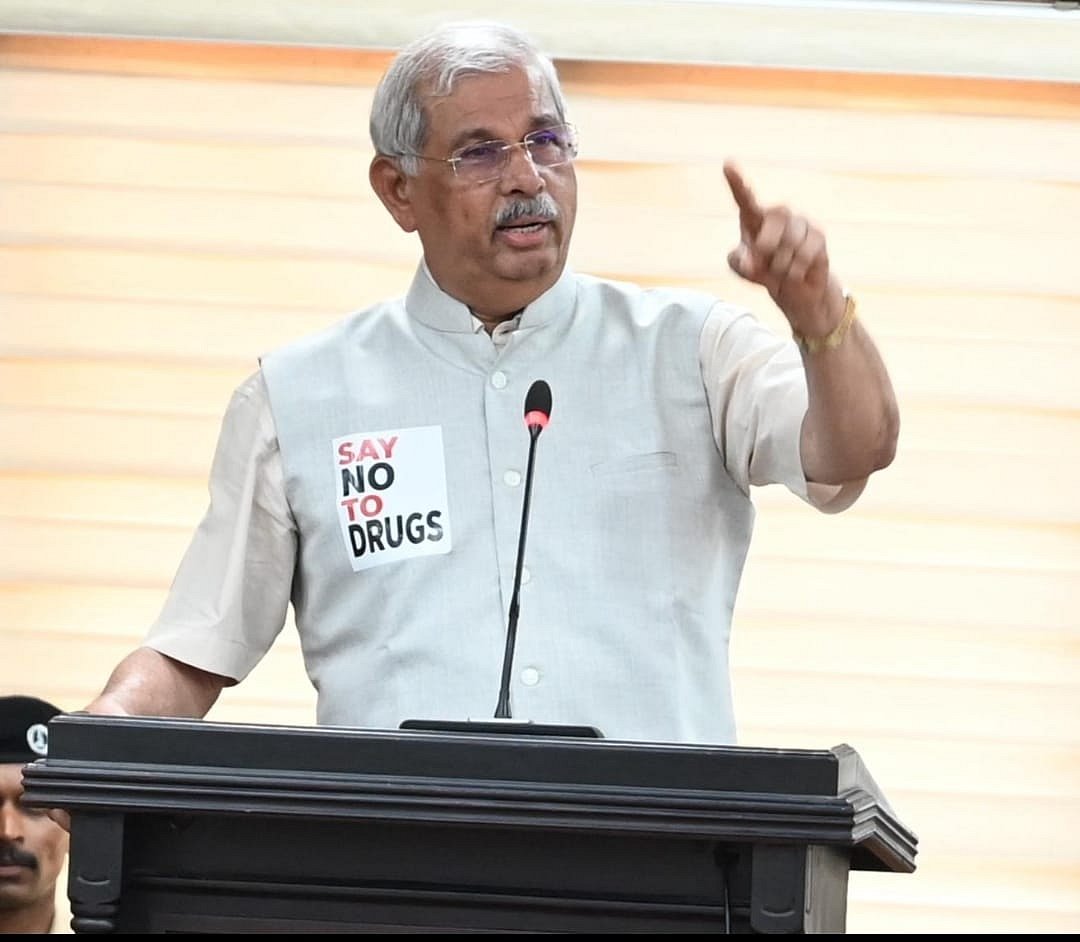
Follow TNM’s WhatsApp channel for news updates and story links.
KERALA Governor Rajendra Arlekar, in his capacity as Chancellor of state universities, has approached the Supreme Court seeking modification of its August 18 order that allowed Chief Minister Pinarayi Vijayan to be part of the process of appointing vice-chancellors (VCs) to APJ Abdul Kalam Technological University (KTU) and Kerala University of Digital Sciences, Innovation and Technology (DUK).
According to The Hindu, the rules governing these universities do not envisage any role for the Chief Minister in VC appointments.
“The Chief Minister, being the executive head of the state, is connected with the number of government colleges managed by the government and affiliated to the university. Therefore, as per UGC regulations, he cannot have any role whatsoever in the appointment of Vice Chancellors,” his application stated.
The plea sought modification of the Supreme Court’s August 18 order, which had appointed former Supreme Court judge Justice Sudhanshu Dhulia as chairperson of the search-cum-selection committees.
The order, passed by a Bench of Justices JB Pardiwala and KV Viswanathan, also directed that “recommendations made by the search-cum-selection committee, duly endorsed by the learned chairperson, shall be put up before the chief minister (and not the minister-in-charge of a department) for necessary consideration.”
The court had further said, “In case the Chief Minister, state of Kerala, has reasons to believe that any shortlisted person is unsuitable for appointment as vice-chancellor, the remarks to this effect, along with the supporting material and the original record of the recommendation made by the search-cum-selection committee, shall be put up before the learned chancellor within two weeks. The Chief Minister shall be entitled to recommend the shortlisted names in order of preference for appointment as vice-chancellors.”
The Governor, however, said that introducing such a role for the Chief Minister disregards UGC Regulations, which highlight the “independence and autonomy of the universities by excluding any role of the state government.” “Both the University Acts do not provide any role for the minister or the chief minister in the matter of selection and appointment of the vice-chancellors,” the plea stressed.
He also sought a judicial direction to implead the UGC in the case, arguing that there is a mandatory requirement to include a nominee of the UGC chairperson in search committees. The Governor submitted, “As per UGC Regulations the Chancellor is having the prerogative to select the Vice Chancellor from the list submitted by the search Committee.” The list, he maintained, should not be a ranked list but a panel of three to five suitable names, leaving the final choice to the Chancellor.
The plea reminded the apex court that in 2023, while dealing with VC appointments at KTU, the Court had “very categorically held that UGC Regulations 2018 shall prevail for appointment of vice chancellors.” It warned that the August 18 order, by introducing a new mechanism involving the Chief Minister, would amount to “a complete disregard to the orders of the coordinate bench of this Hon’ble Court.”
The UGC itself, in a separate application, requested to be made a party to the proceedings. It noted that though the Kerala High Court judgment, against which the current appeal was filed, had quoted extensively from the UGC Act and Supreme Court decisions, the UGC had not been impleaded. “When the UGC regulation is in question, it is mandatory that the UGC should be a party to the deliberations as to whether the UGC Regulations will apply or not,” the Commission said.
The Governor’s move comes against the backdrop of years of tussle between Raj Bhavan and the state government over VC appointments, particularly after the Supreme Court in 2022 quashed the appointment of Rajasree as KTU VC for violating UGC norms. Interim appointments since then have triggered disputes between the Chancellor and the state government, with the Kerala High Court terming some of the Governor’s unilateral actions “illegal.”




